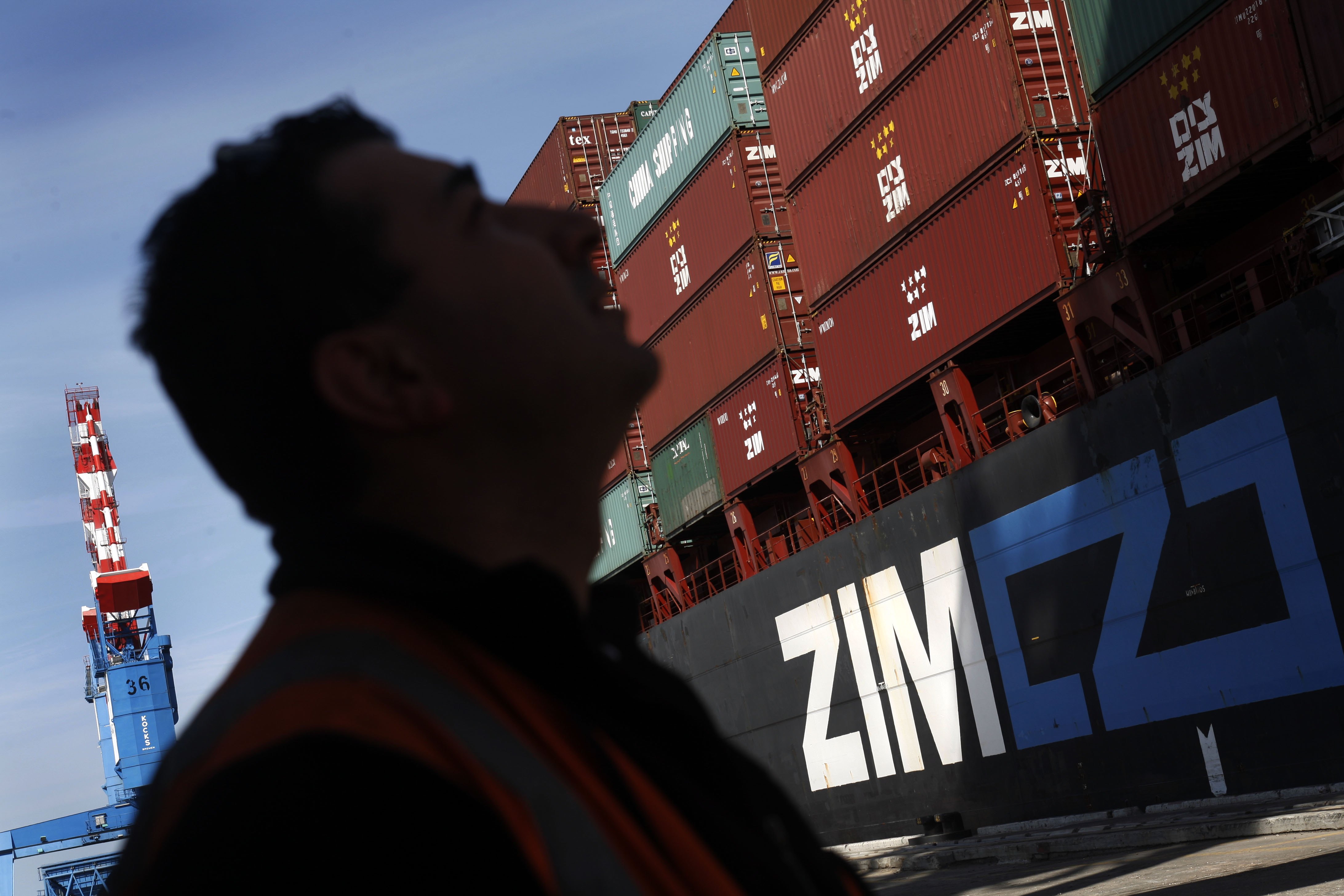Although trading between Israel and Serbia is below both country’s potential, the economic cooperation has picked up pace in the last few years, as have Israeli investments primarily in the real estate sector.

The trade between Serbia and Israel is relatively modest with a slight increase in volue over the last few years and a relatively big deficit on the Serbian side. According to the data collated by the State Stasticial Office for 2016, the total trading in goods between the two countries amounted to 66.1 million USD. The total exports to Israel in 2016 amounted to 22.8 million USD which is a 19.3% hike. Israel occupies the 40th place on the list of countries that Serbia exports to with a 0.2% share in total exports. On the other hand, Serbia imported 43.3 million USD worth of goods from Israel which puts this country in the 45th place on the countries that Serbia mostly imports from. The share that Israel has in total Serbian imports is also 0.2%. The export to import ratio is 52.7%, and Serbia has been recording negative balance in trading with Israel for years. Serbia’s deficit in trading with Israel was highest in 2009 when it stood at 42 million USD.
Serbia mostly exported the following products to Israel in 2016: processed tobacco (17.98%), base metals (10.4%), animal food (except the wheat grain) (7.3%), treated wood (5.1%), car tires (4.9%), non-electric engines (4.8%), watches and clocks (4.3%) and other.
Serbia mostly imported the following products from Israel in 2016: unclassified goods (54.7%), special fibers and cloth (3.6%), office equipment (3.4%), insecticides, et al. for retail sale (3.1%), drugs (2.9%) , raw vegetable matter (2.9%), measuring and control instruments (2.6%), and other.
According to the data from the National Bank of Serbia (NBS) collated in line with the methodology that was applied up until late 2013, the net investmetns by Israeli residents in Serbia in the period from 2007 to 2013 amounted to 32.4 million USD which puts Israel in the 29th place on the list of the countries that have made the biggest non-resident investments in Serbia in the mentioned period.
It is important to mention that the National Bank of Serbia gets its data from business banks which means that the data is classified per country of payment, and not the investor country, and it largely depends on the country in which the investor has a bank account in that is used for payments or investments. The National Bank of Serbia data is the only official data about FDIs in Serbia. The central bank publishes aggregated data about FDIs as per investor country and investment sectors, while the official investment data per individual investor companies is not available.
In line with the IMF guidelines, in early 2014, the National Bank of Serbia started to implement a new FDI calculation methodology as a part of the EU accession process. Under this new methodology, the net foreign direct investment is calculated as the difference between the net increase in financial assets (net outbound investment, or inflows and outflows arising from residents’ investments abroad) and a net increase in financial liabilities (net inbound investments and inflows and outflows of investment by non-residents in Serbia) and include investments in money, goods, conversion of debt to equity, intercompany loans and reinvested profit. In the period from 2014 to 2016, Israel made around 12.3 million USD worth of investments in Serbia.
The following renowned companies have invested in Serbia – Africa Israel, Aviv Arlon, Big Cee, Mivne Group, Ashtrom International and Plaza Group – with the latter being the leading real estate investor. The Strauss Adriatic Company has been operating in Serbia for years now following the acquisition of Doncafe. Another renowned Israeli investor is Foundry of Precise Castings – LPO Ada which proprietor is Shemesh Engines. Israeli company Kavim has privatized four Serbian companies that are engaged in bus transportation in Central Serbia and are now operating under Kavim Serbia Group.
Most important intergovernmental treaties
Serbia and Israel have signed several important intergovernmental treaties including the Treaty on Trade and Economic Cooperation between the Government of the Republic of Serbia and the Government of the State of Israel concluded in Belgrade in September 2006 which came into force in June 2009. In 2004, the two countries also signed the Treaty on Mutual Promotion and Protection of Investments. This treaty came into force in February 2006. In September 2009, Serbia and Israel signed the Treaty on Abolishion of Visas between the two countries. This treaty came into force in September 2010. In October 2009, the two countries signed the Treaty on Cooperation in Agriculture, and have also prepared the Double Taxation Treaty.